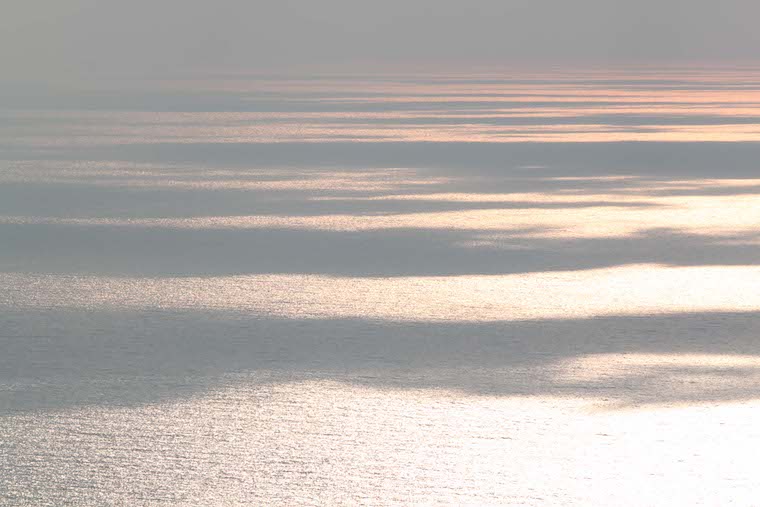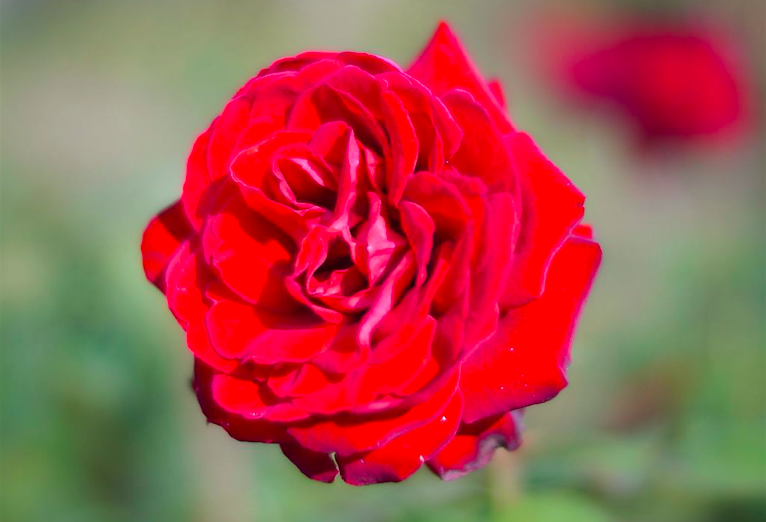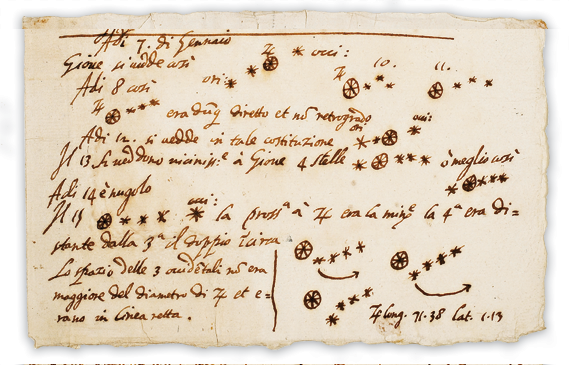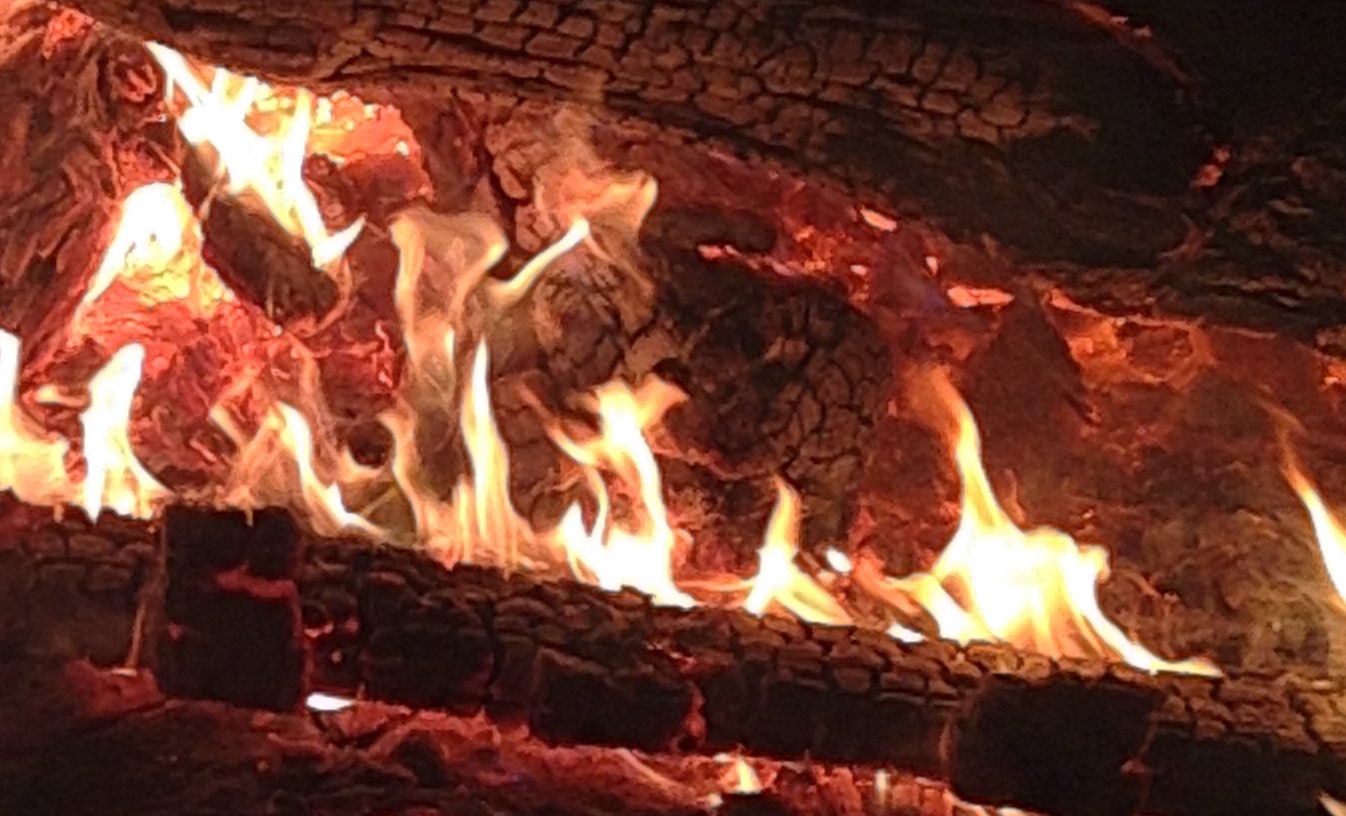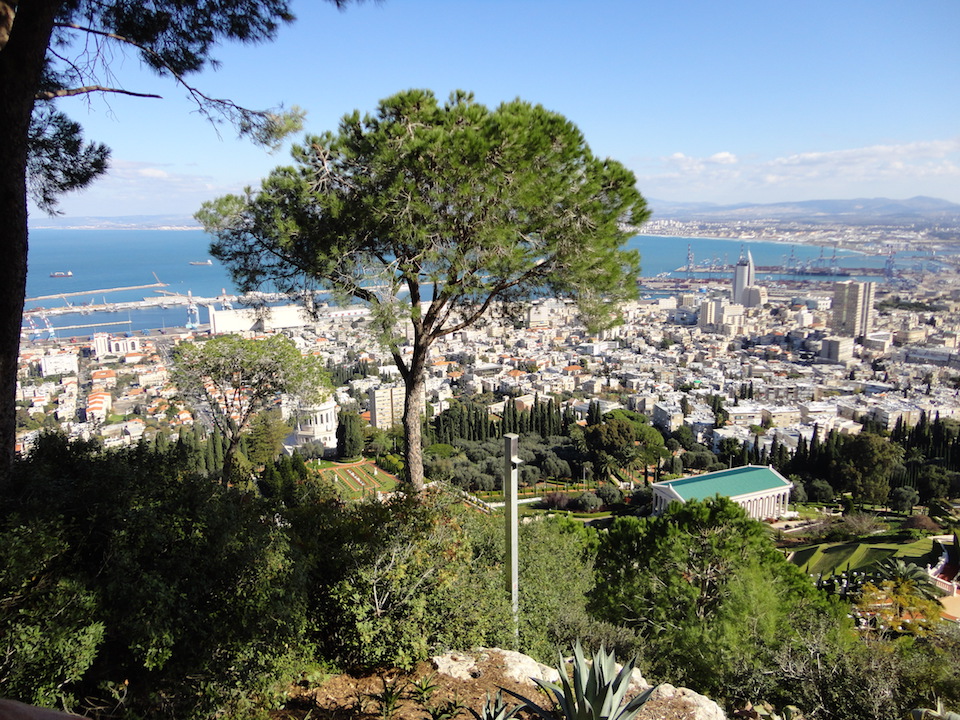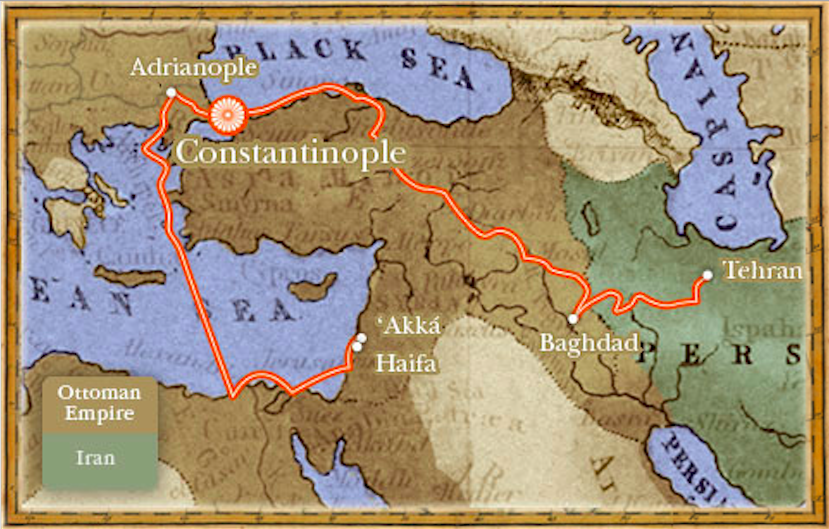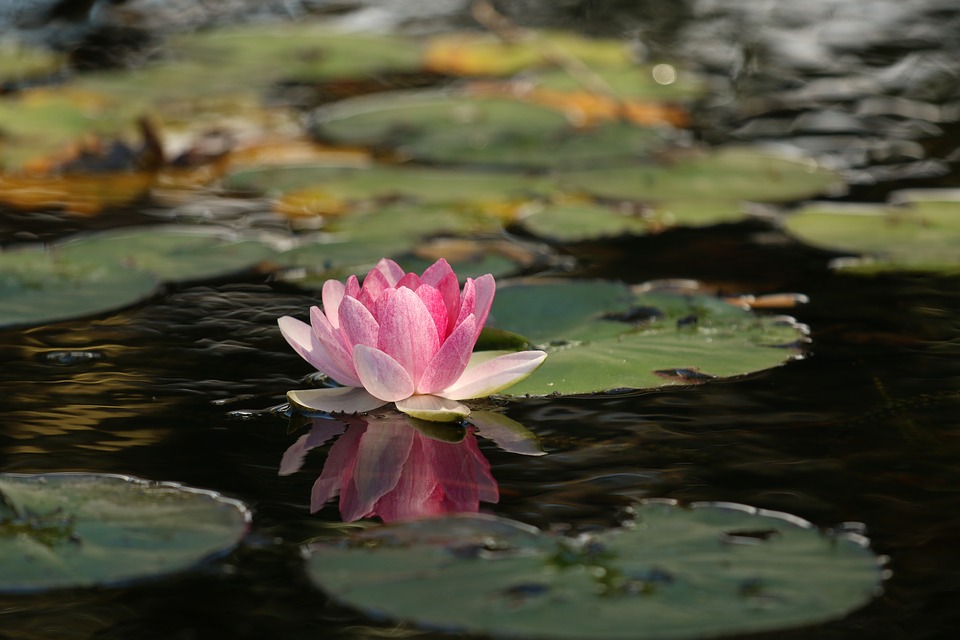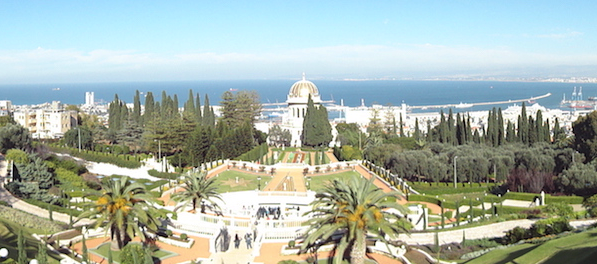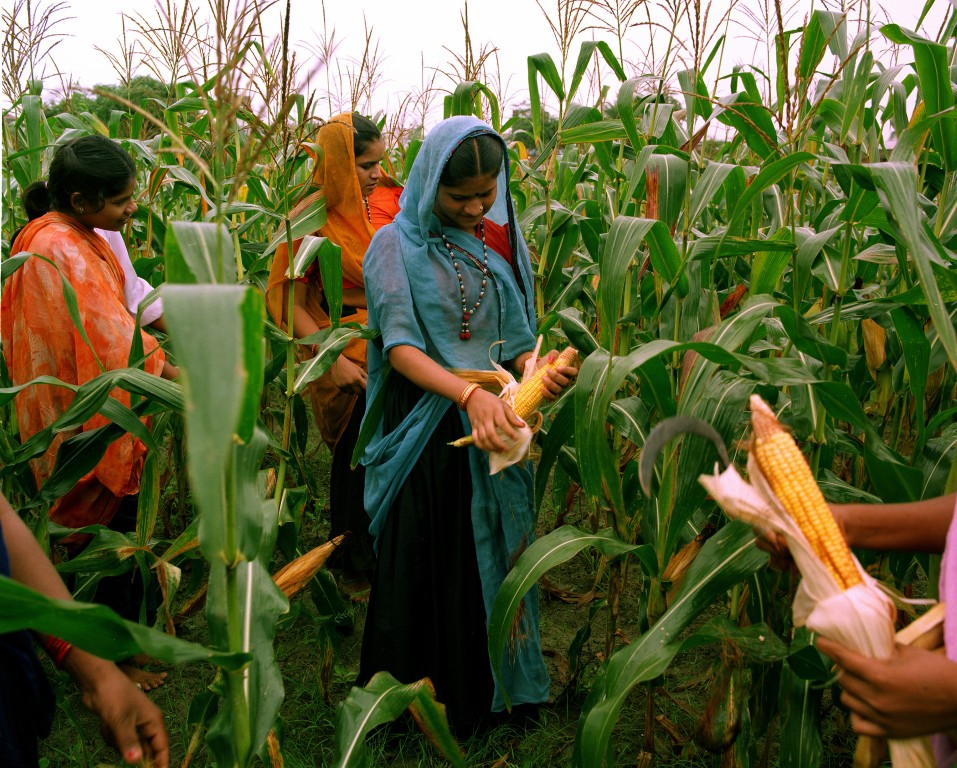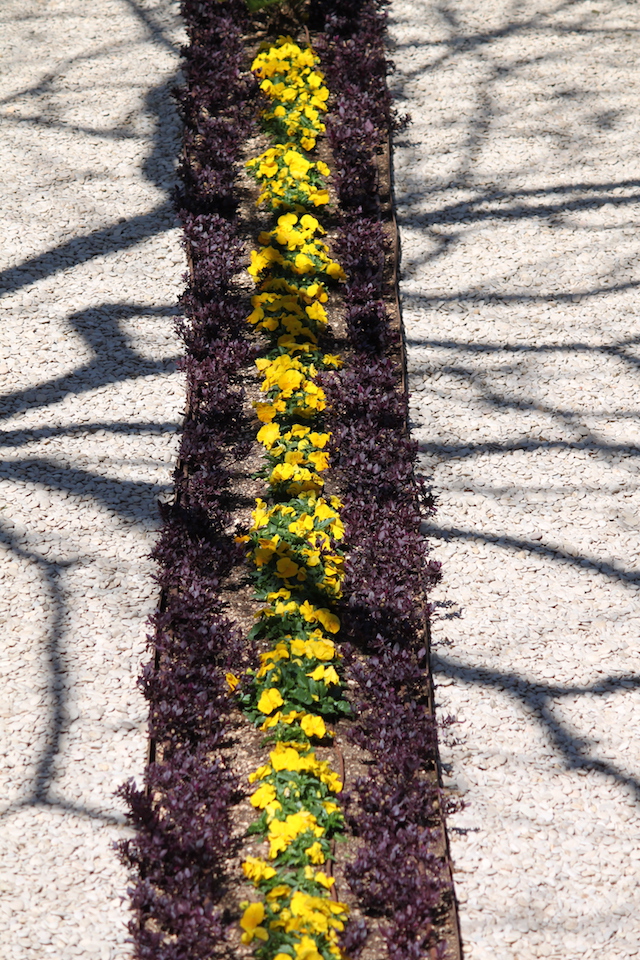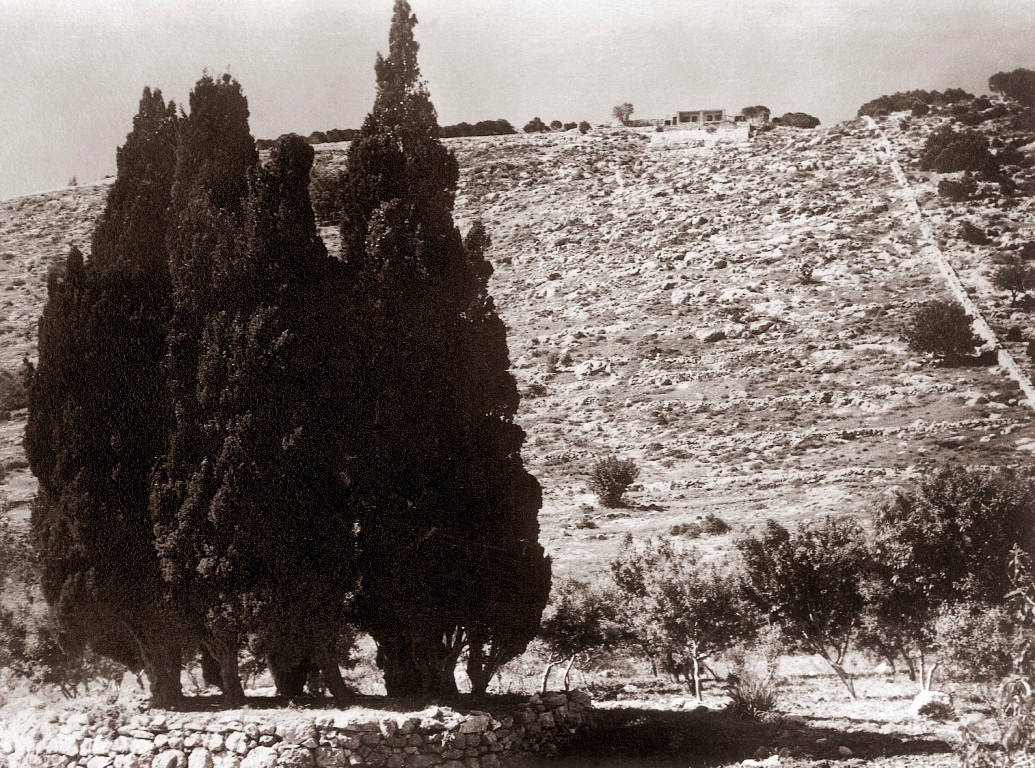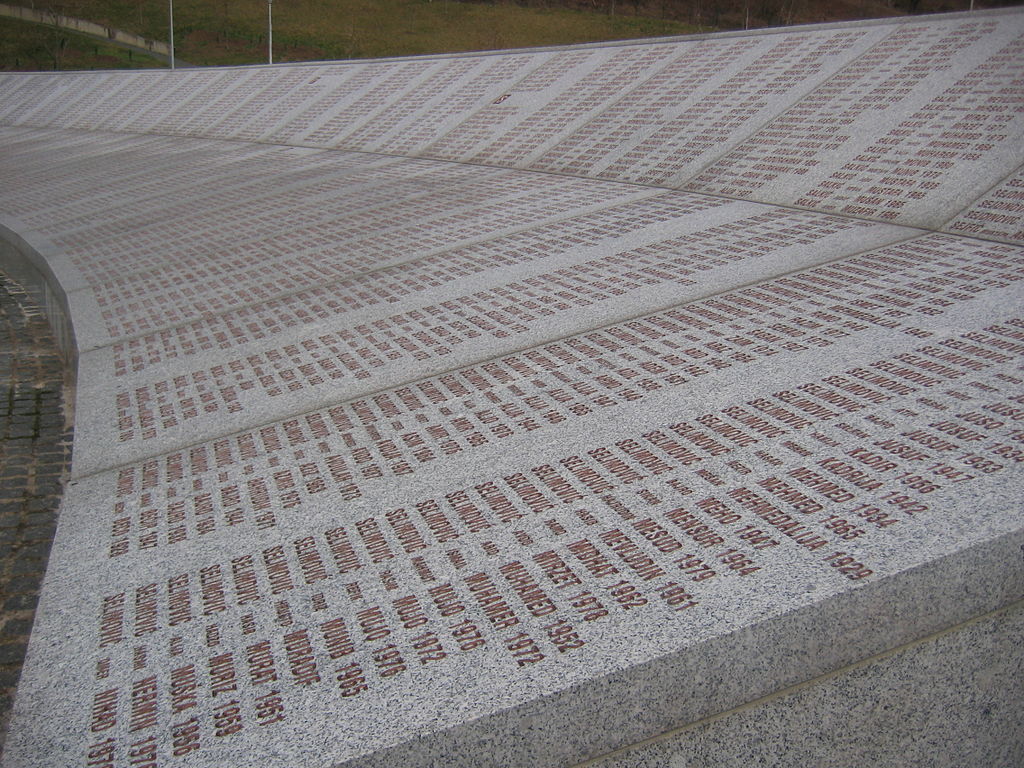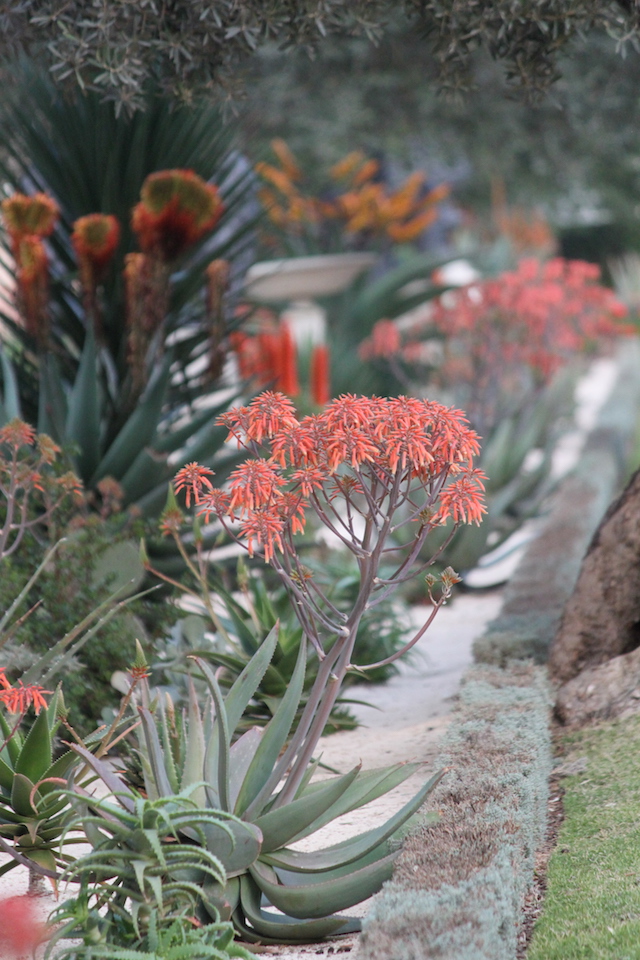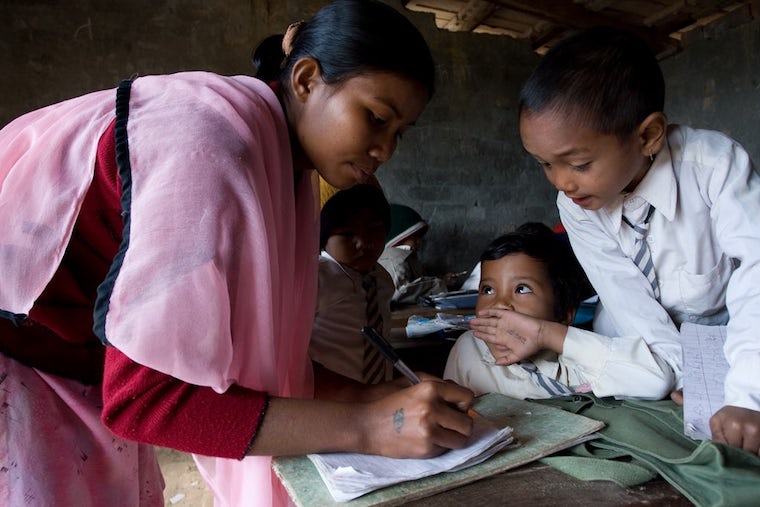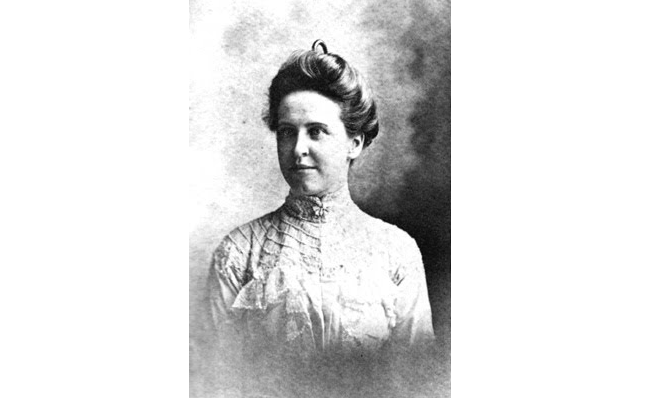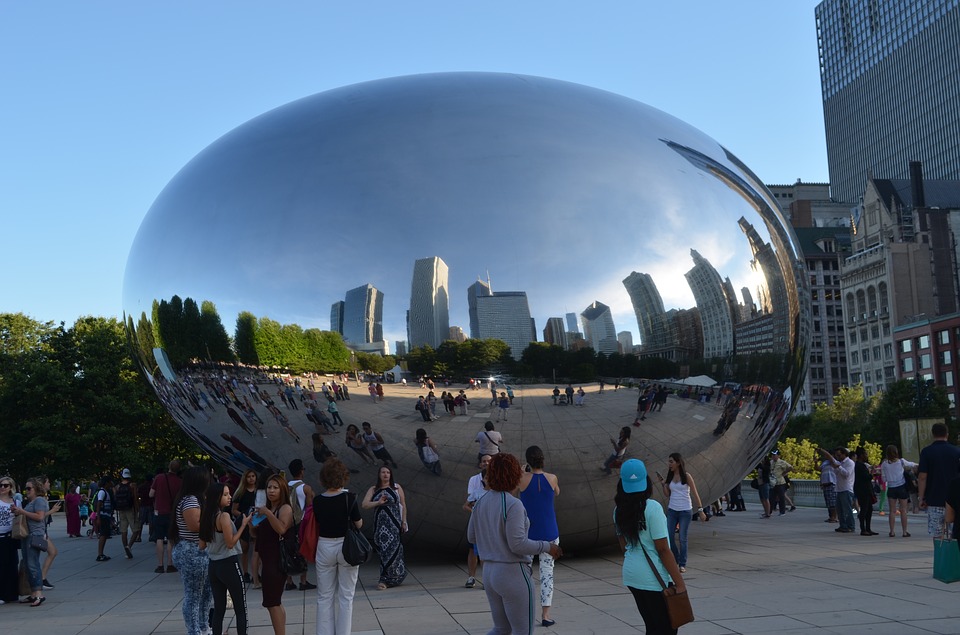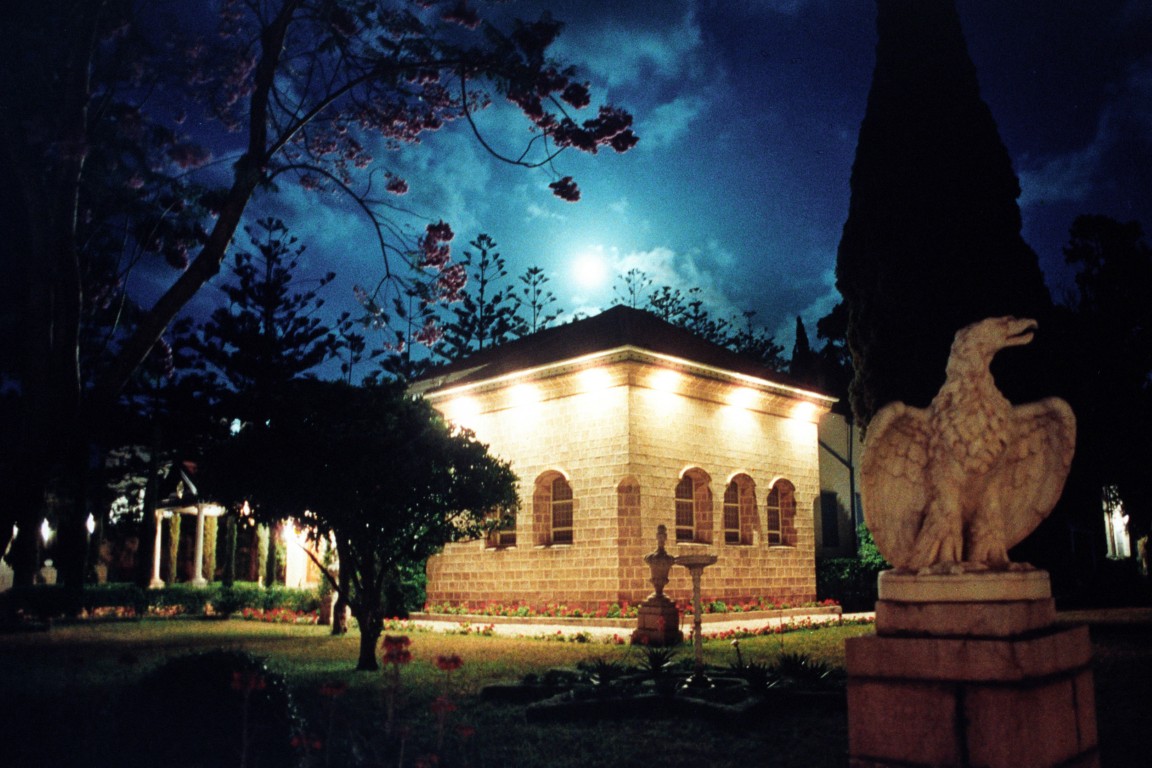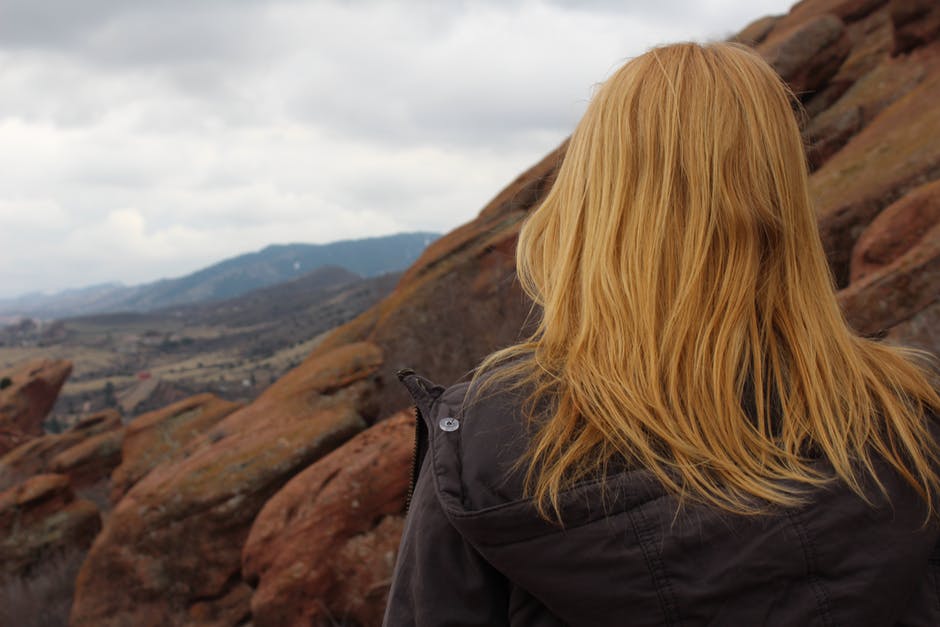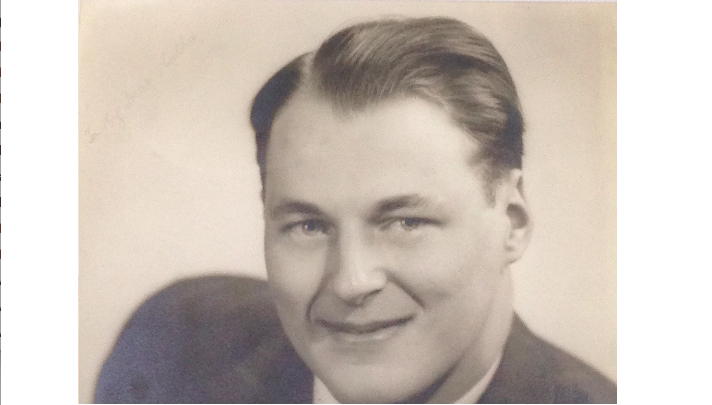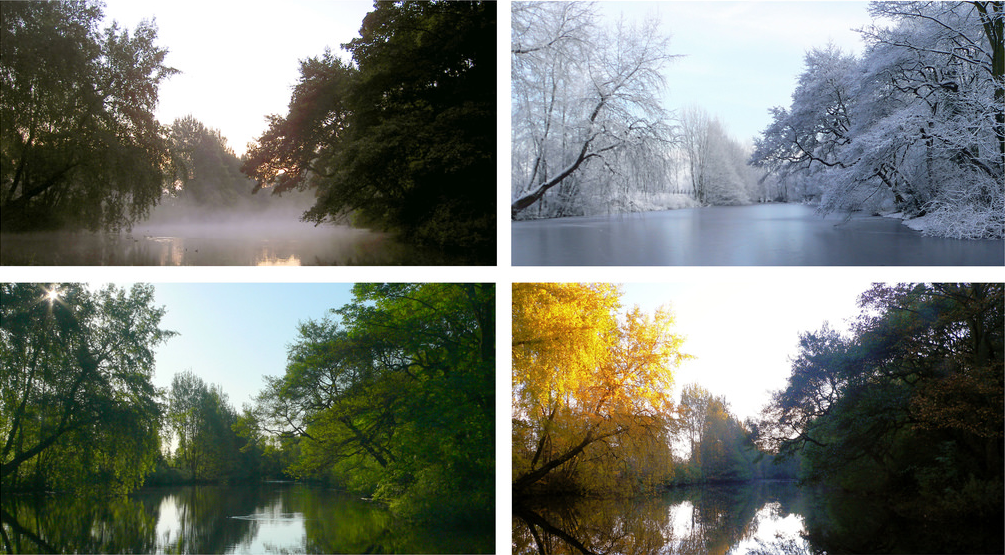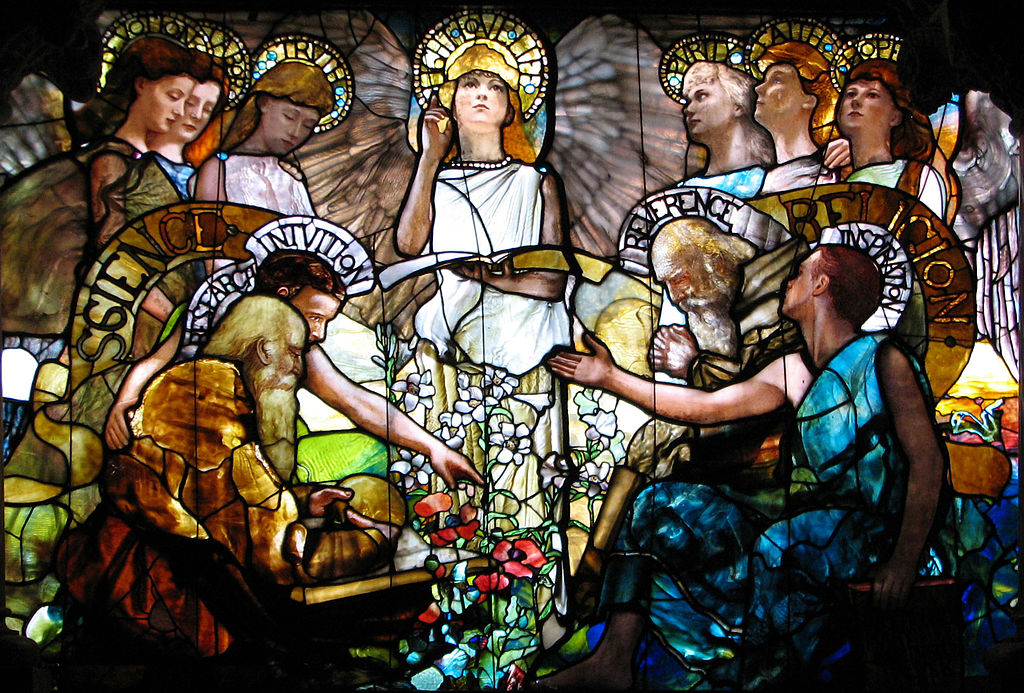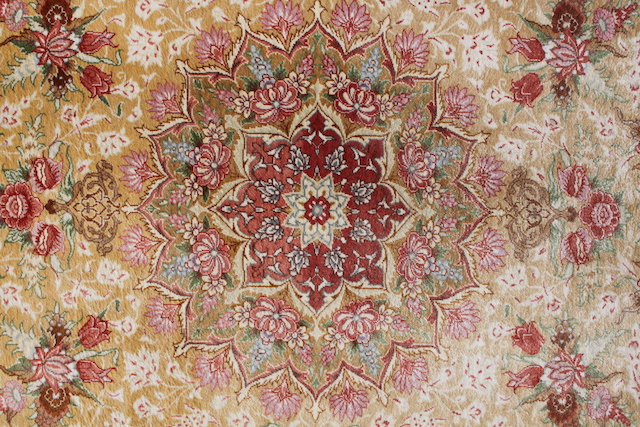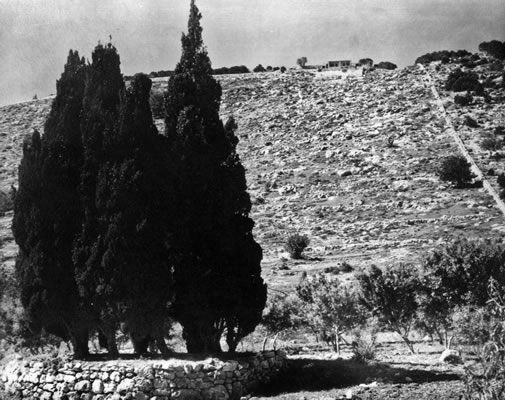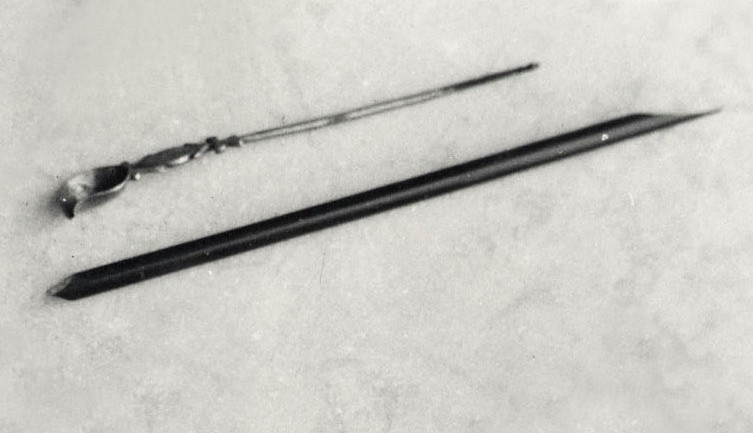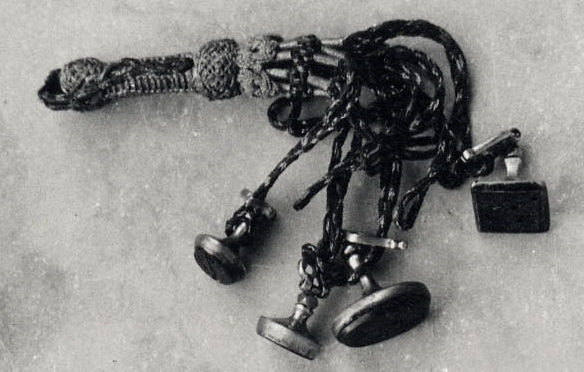-
The Tablet of Carmel – Ancient Promise Fulfilled
The Tablet of Carmel is a song of redemption. It answers the innumerable prayers offered generation after generation by a suffering humanity. When we look through recorded history we find so many truly appalling examples of human suffering arising from the actions of human beings. In recent times we may think of Lidia Zamenhof whose life was cruelly stolen in the Holocaust and the many tens of millions who with her died in man-made disasters of the 20th century. We may think of the agonising suffering of the followers of the Bab in the pogroms unleashed against them in the mid-19th century. Indeed, in every time and place it has been so…
-
Bahá’u’lláh’s Footsteps on the Mountain
Bahá’u’lláh’s venerable figure slowly ascended the slope of Mt Carmel followed by his disciples. He would have been wearing the light coloured robes and taj headdress characteristic of him; his his sky-blue eyes and face framed by a long beard. Perhaps he carried a staff to assist him in ascending the steep slope of the mountain. His footsteps traced a path leading to a site overlooking the brilliant sea: the most westerly point of the mountain before it plunges down into the sea. Most of the mountain slope was a rock strewn wasteland, little in the vicinity. Below them, however, was an ancient Christian monastery and nearby sites known to local…
-
Mt Carmel: Mountain of the Lord
From time immemorial Mt Carmel has stood the eastern shore of the Mediterranean Sea. Human beings have lived on its slopes for hundreds of thousands of years. Overlooking the sea – Mt Carmel is a great mountain ridge projecting out into the sea and stretching far inland to the south-east. On its northern side stretches a blue and crystal bay. To its east lie the towns and Sea of Galilee where Jesus taught and walked: Cana, Nazareth, Capernaum and Bethsaida. To its south lies the plain of Sharon. And to its west a great sea around which thousands of years of human history unfolded. Its name means “the Vineyard of God”.…
-
Tablet of the World – Five Positive Teachings
In the Tablet of the World, we have already seen Bahá’u’lláh’s condemnation of four evils: The unbelievers and the faithless have set their minds on four things: first, the shedding of blood; second, the burning of books; third, the shunning of the followers of other religions; fourth, the extermination of other communities and groups. Now however, through the strengthening grace and potency of the Word of God these four barriers have been demolished, these clear injunctions have been obliterated from the Tablet and brutal dispositions have been transmuted into spiritual attributes.[1] Such practices have no place in human behaviour. However Bahá’u’lláh also counsels five positive directions, in Tablet of the…
-
Tablet of the World – the Prerequisites of Peace, Understanding and Unity
Bahá’u’lláh observes that each era has its own needs. Attitudes, standards and practices of the past are not applicable to the needs of the present or the future. As to thy question concerning the heavenly Scriptures: The All-Knowing Physician hath His finger on the pulse of mankind. He perceiveth the disease, and prescribeth, in His unerring wisdom, the remedy. Every age hath its own problem, and every soul its particular aspiration. Be anxiously concerned with the needs of the age ye live in, and centre your deliberations on its exigencies and requirements.[1] The world of the past was a world of domination, violent conflict and division. As commented in a previous…
-
The Humility of the Earth
Rarely do we find the quality of humility valued or appreciated in our popular culture. We do not celebrate or place confidence in the humble. Yet they are precisely the kind of people needed for the healing of the world. This, perhaps, is the meaning of The meek shall inherit the Earth It is appropriate. For the word humility is connected with the Earth – humus – from the Latin origins of the word. In short, it recalls the lowliness of the Earth below us. It is curious then that Bahá’u’lláh should use precisely the metaphor of the Earth to capture the essence of humility. They who are the beloved of God,…
-
The World and the Self
For a work about the world as a whole, the Tablet of the World is personal: intensely personal. It reflects the fact, commented on in a previous article – that the personal is universal. The world and the self are intimately interconnected. As in many passages of Bahá’u’lláh’s writings old concepts are recast — suddenly providing new insight – new inspiration. Like the prophets of old: like Jesus in the Temple or Muhammad cleansing the Kaaba, Bahá’u’llah casts down false idols. The idols that Baha’u’llah casts down are not physical however. They are idols in our hearts. And in the Tablet of the World Bahá’u’lláh calls us to free ourselves from their harmful domination.…
-
Frank Wyss – Knight of Bahá’u’lláh
Frank Wyss was a Knight of Bahá’u’lláh. He did not engage in physical warfare. That was not the kind of knight he was. A Knight of Bahá’u’lláh engages in a spiritual battle – primarily a battle against self. The title was granted to those who arose, in response to plans set by Shoghi Effendi in 1953, to take the Baha’i Faith around the world. Frank Wyss was part of a remarkable generation of Australian Baha’is – at the time a vanishingly small — but audacious community. In the 1930s Baha’is of Australia and New Zealand elected their first National Spiritual Assembly – one of the earliest on the planet. When…
-
The Tablet of the World and Bahá’u’lláh’s Homeland
The Tablet of the World was written in 1891 in Haifa. It was written at a time when two of Bahá’u’lláh’s followers lay imprisoned because of their faith. These two, Ali-Akbar, and Haji Abu’l Hassan-i-Amin, had been designated Hands of the Cause and the Tablet of the World starts by honouring them. The words used to do so are resonant: Light and glory, greeting and praise be upon the Hands of His Cause, through whom the light of fortitude hath shone forth and the truth hath been established that the authority to choose rests with God, the Powerful, the Mighty, the Unconstrained, …[1] After drawing our minds to the sacrificial lives of such individuals,…
